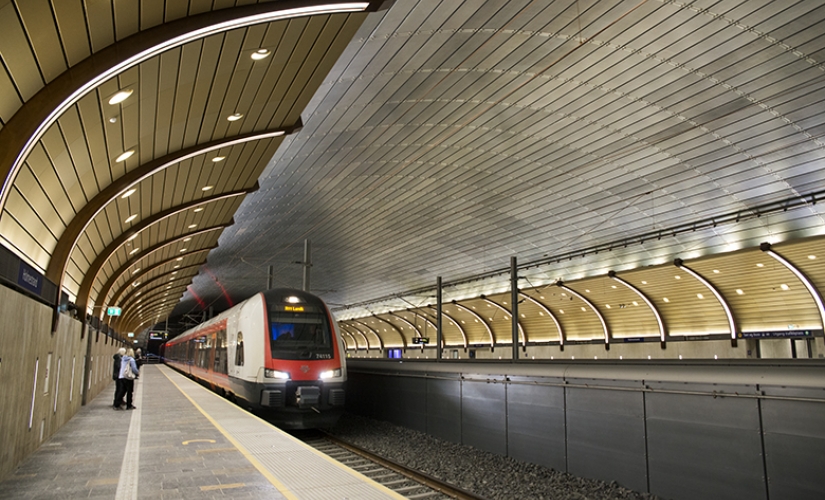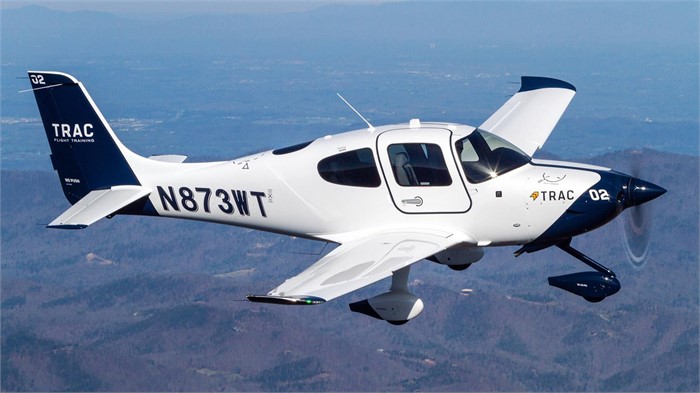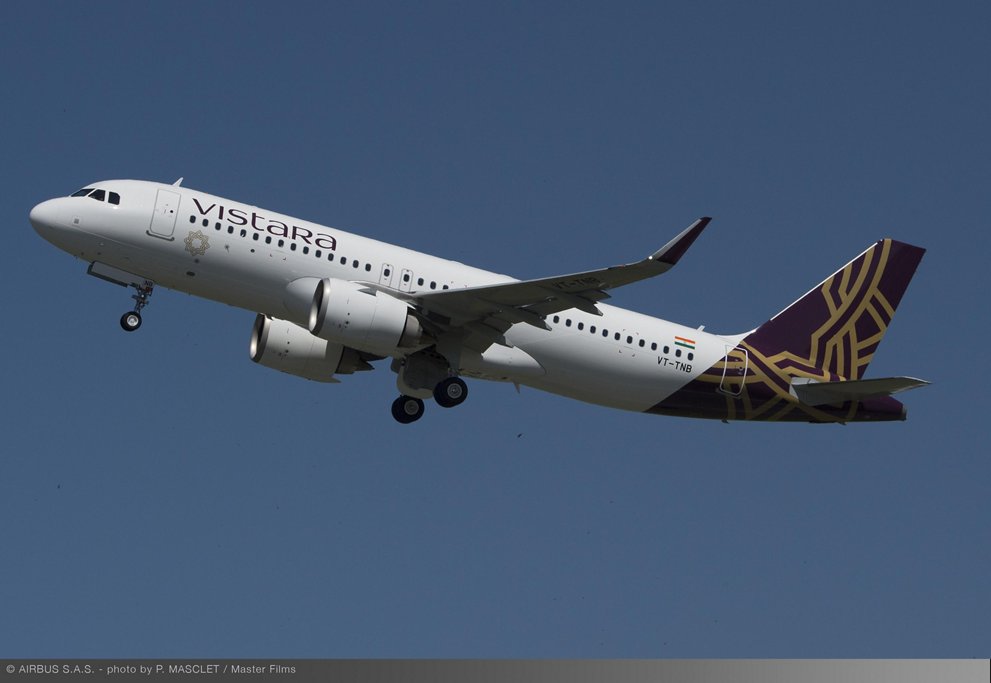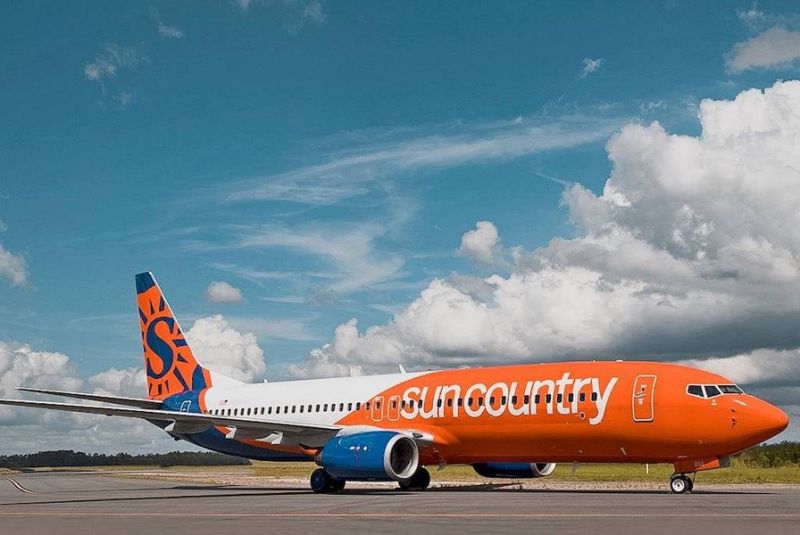- Campus Nyland test, training and signaling simulation center opens
- European Rail Traffic Management System (ERTMS) latest in intelligent infrastructure
- Nordlandsbanen will open first digital signaling railway in October 2022
Bane NOR and Siemens Mobility celebrated the opening of Campus Nyland, a test, training and signaling simulation center which will help the rail network operator prepare for the digitalization of the entire system. Norway has committed to becoming the first country to operate with a single digital interlocking and ERTMS signifies one of the country’s largest digitalization projects. In 2022, the first digital line, Nordlandsbanen, will open. In advance, the Campus Nyland center will prepare workers for working within the digital system, ERTMS. The intelligent infrastructure behind ERTMS will reduce operating costs and increase capacity throughout the network. In addition, it will enhance safety, with real-time visibility of trains across the network. When complete in 2034, the system will include 4,200 km of track and more than 350 stations.
“Siemens Mobility is the main supplier to the Norwegian ERTMS program with their infrastructure, including interlockings and radio block centres (RBC). The Siemens Mobility solution is leading edge based upon an IP based architecture. With a strong technical roadmap and a proven ability to deliver, Siemens Mobility is the ideal partner for Bane NOR in this challenging program. We are thrilled to work together with Siemens Mobility to develop the digital rail,” said Sverre Kjenne, Executive Vice President Digitalisation and Technology, Bane NOR.
“Norway is on track to become the first country to operate in the “one country, one interlocking” architecture making it at the forefront of digitalization. Our intelligent infrastructure will ensure that the system operates efficiently. The digital interlocking, with IP controlled field components, and ERTMS are the backbone to greatly improving operations and maintenance. This architecture also opens the door for future developments such as implementing driverless technologies, moving the interlocking to the cloud, which would make proprietary hardware and spare parts a relic of the past, and would make data instantaneously available to transportation operators,” stated Michael Peter, Siemens Mobility CEO. “Campus Nyland is an important milestone in turning this vision into reality.”
Campus Nyland will be an industry center for digital education and will house more than 5,000 employees, who will learn the necessary digital skills needed to ensure ERTMS is successful when it goes operational. These will include individuals from Bane NOR, train companies, maintenance companies and contractors. Bane NOR will facilitate simulator training as well as physical training facilities. New technology, such as virtual reality, will be used to communicate how the tracks are built with ERTMS, as well as the design of trains and traffic control centers. More than 150 different scenarios are available for training within the highly digital training hub.
In the spring of 2020, the Roa – Hønefoss ERTMS test line opens. The new signaling technology will be monitored and tested from Campus Nyland.
The next important milestone in turning ERTMS into a reality will be the digitalization of the first Norwegian rail line. In October 2022, Nordlandsbanen, which operates from Grong to Bodø, and represents about 12 percent of the Norwegian railway will go operational.












